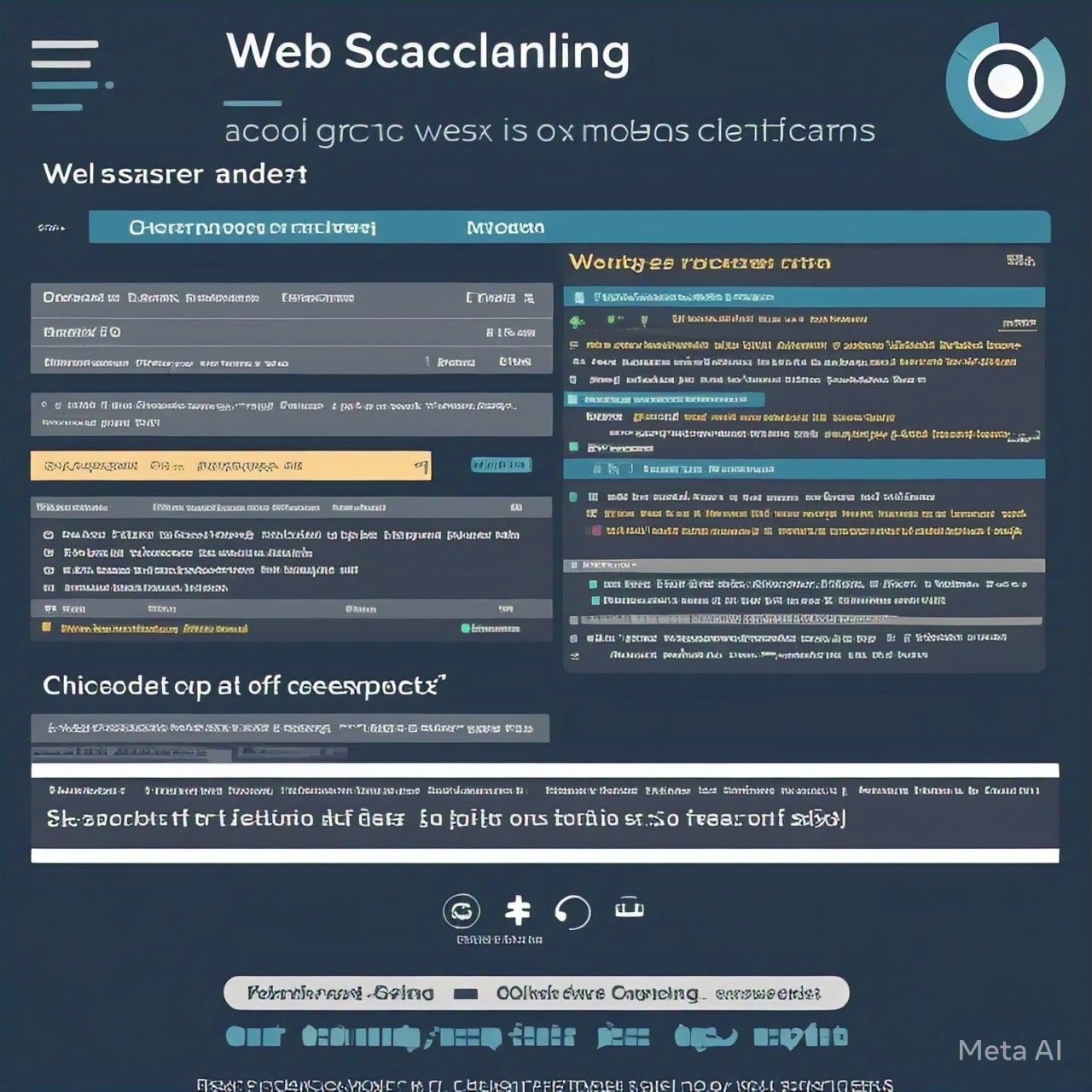Table of Contents
- Introduction
- The Growing Importance of AI for Startups
- Benefits of AI for Small Businesses
- Automation and Efficiency
- Enhanced Customer Experience
- Data-Driven Decision Making
- AI Applications in Startups
- Chatbots and Virtual Assistants
- AI-Powered Marketing
- Predictive Analytics
- AI in Product Development
- Challenges of Implementing AI in Startups
- Cost Barriers
- Lack of AI Expertise
- Ethical Concerns
- How to Integrate AI in a Startup
- Identify Business Needs
- Choose the Right AI Tools
- Partnering with AI Service Providers
- Future of AI in Startups
- FAQs
- Conclusion
Introduction
Artificial Intelligence (AI) is no longer just a tool for tech giants; it has become a game-changer for startups and small businesses. By automating processes, enhancing customer experiences, and enabling data-driven decision-making, AI allows startups to scale efficiently and compete with established enterprises.
The Growing Importance of AI for Startups
Startups often face resource constraints, making efficiency and innovation critical. AI offers scalable solutions, helping startups optimize operations, personalize customer interactions, and forecast market trends. With advancements in machine learning and deep learning, AI adoption is now more accessible than ever.
Benefits of AI for Small Businesses
Automation and Efficiency
AI can automate repetitive tasks like data entry, scheduling, and customer service, allowing businesses to focus on core operations.
Enhanced Customer Experience
AI-driven chatbots and recommendation engines provide personalized interactions, improving customer satisfaction and retention.
Data-Driven Decision Making
AI analytics help startups understand market trends, customer behavior, and business performance, leading to more informed decisions.
AI Applications in Startups
Chatbots and Virtual Assistants
AI-powered chatbots handle customer queries, process orders, and provide 24/7 support, reducing operational costs.
AI-Powered Marketing
Machine learning algorithms analyze customer data to optimize advertising campaigns, personalize emails, and improve social media engagement.
Predictive Analytics
AI helps businesses anticipate customer needs, detect fraud, and forecast sales trends, giving startups a competitive edge.
AI in Product Development
AI assists in product design, testing, and user experience improvements by analyzing user feedback and market demand.
Challenges of Implementing AI in Startups
Cost Barriers
Developing AI solutions can be expensive, but cloud-based AI services offer cost-effective alternatives.
Lack of AI Expertise
Many startups lack the in-house expertise to implement AI. Partnering with AI service providers or using AI platforms can help bridge this gap.
Ethical Concerns
AI usage raises concerns about data privacy and bias. Startups must ensure ethical AI practices and comply with regulations.
How to Integrate AI in a Startup
Identify Business Needs
Determine areas where AI can add value, such as customer service, marketing, or product development.
Choose the Right AI Tools
Select AI solutions that align with your business goals, such as IBM Watson, Google AI, or Microsoft Azure AI.
Partnering with AI Service Providers
Collaborate with AI vendors or consultants to implement AI solutions efficiently and cost-effectively.
Future of AI in Startups
AI is expected to become more accessible, with no-code AI platforms enabling startups to deploy AI solutions without deep technical expertise. Advancements in AI-driven automation and personalization will further enhance the scalability and efficiency of small businesses.
FAQs
1. How can AI benefit small startups?
AI can automate tasks, improve customer engagement, and provide data-driven insights, making startups more efficient and competitive.
2. Is AI expensive for startups?
While AI development can be costly, many affordable cloud-based AI services are available, making AI accessible to startups.
3. What are the best AI tools for startups?
Popular AI tools include ChatGPT for chatbots, Google AI for analytics, and HubSpot for AI-powered marketing automation.
4. Can AI replace human employees in startups?
AI automates repetitive tasks but cannot replace human creativity and decision-making. Instead, it complements human efforts, improving productivity.
5. How can startups implement AI with limited technical knowledge?
Startups can use no-code AI platforms, partner with AI service providers, or hire AI consultants for seamless implementation.
Conclusion
AI is revolutionizing the startup landscape by enhancing efficiency, improving customer experiences, and enabling data-driven decisions. Despite challenges like cost and expertise gaps, startups can leverage AI-powered tools and partnerships to integrate AI into their operations. As AI technology advances, startups that adopt AI early will gain a significant competitive advantage in the market.
AI Benefits for Startups – Summary Table
| AI Application | Benefits | Example Tools |
|---|---|---|
| Chatbots | 24/7 customer support, cost reduction | ChatGPT, Drift |
| AI Marketing | Personalized campaigns, better targeting | HubSpot, Marketo |
| Predictive Analytics | Sales forecasting, fraud detection | Google AI, IBM Watson |
| AI in Development | Improved product design, user experience | TensorFlow, OpenAI |
By leveraging AI, startups can optimize their operations, enhance customer engagement, and drive innovation, ensuring sustainable growth in a competitive business environment.




